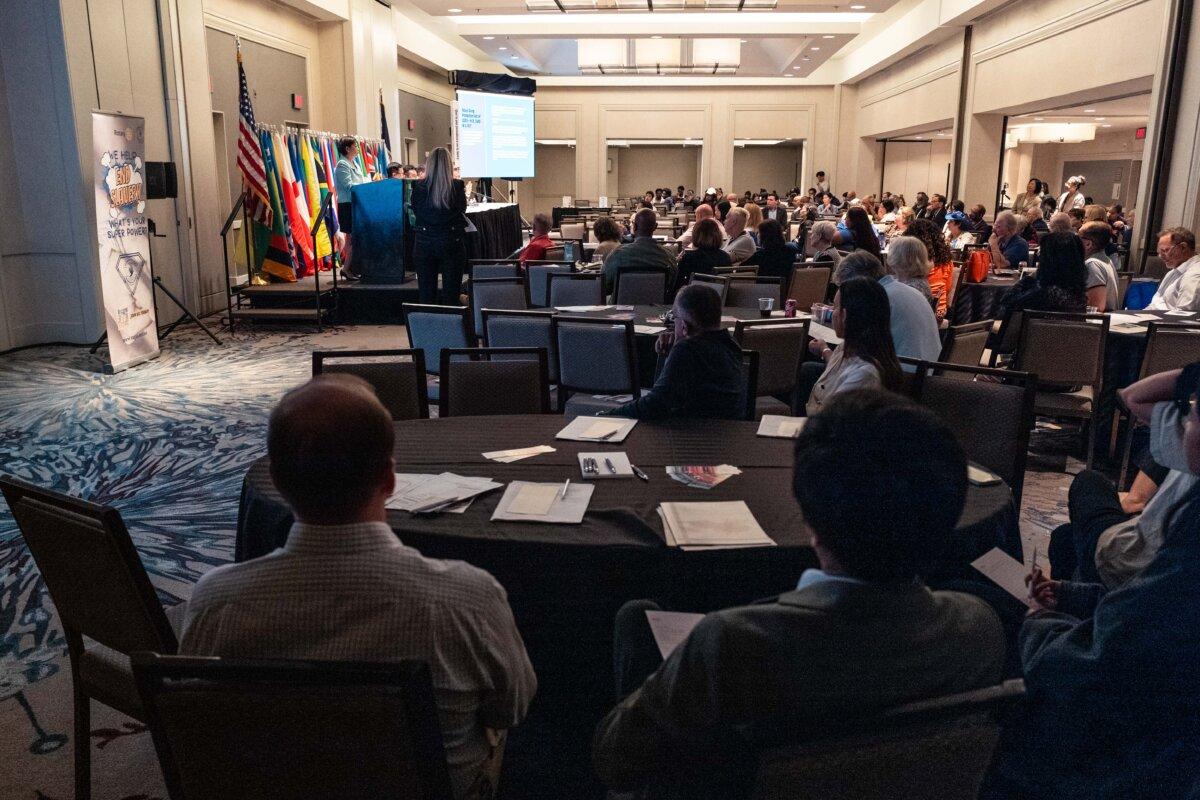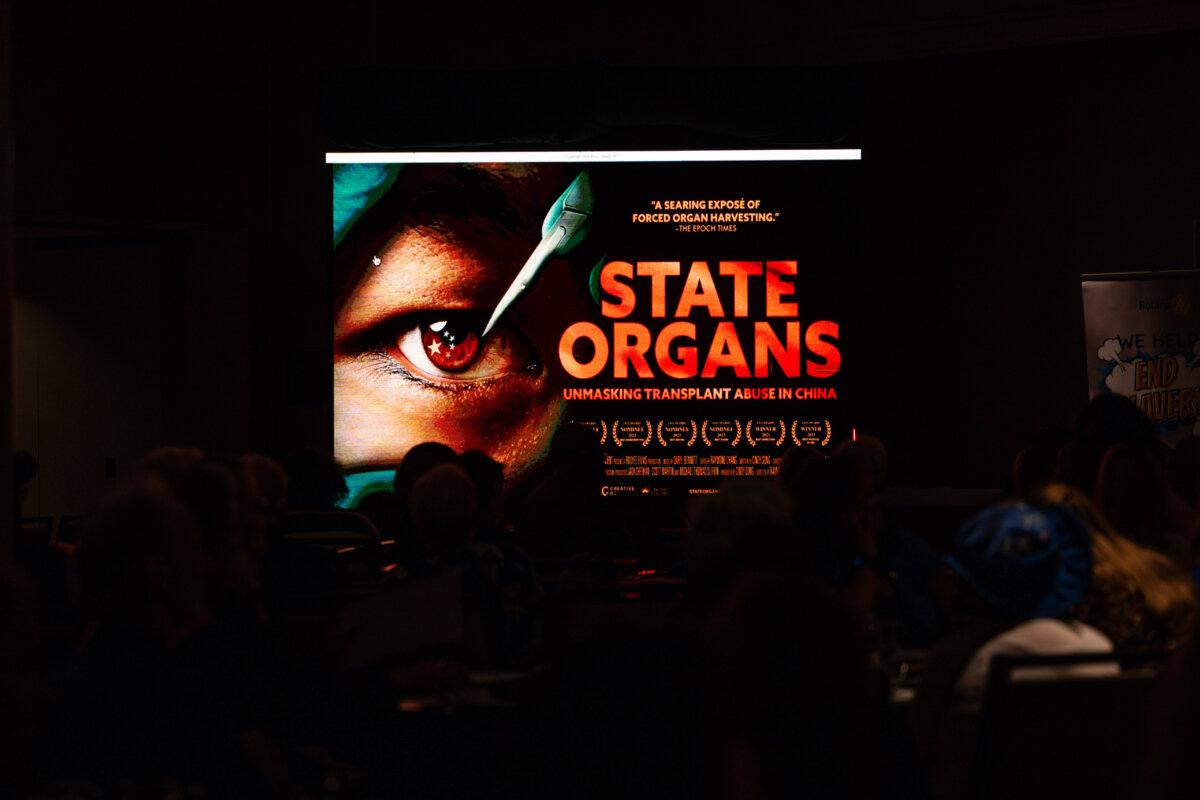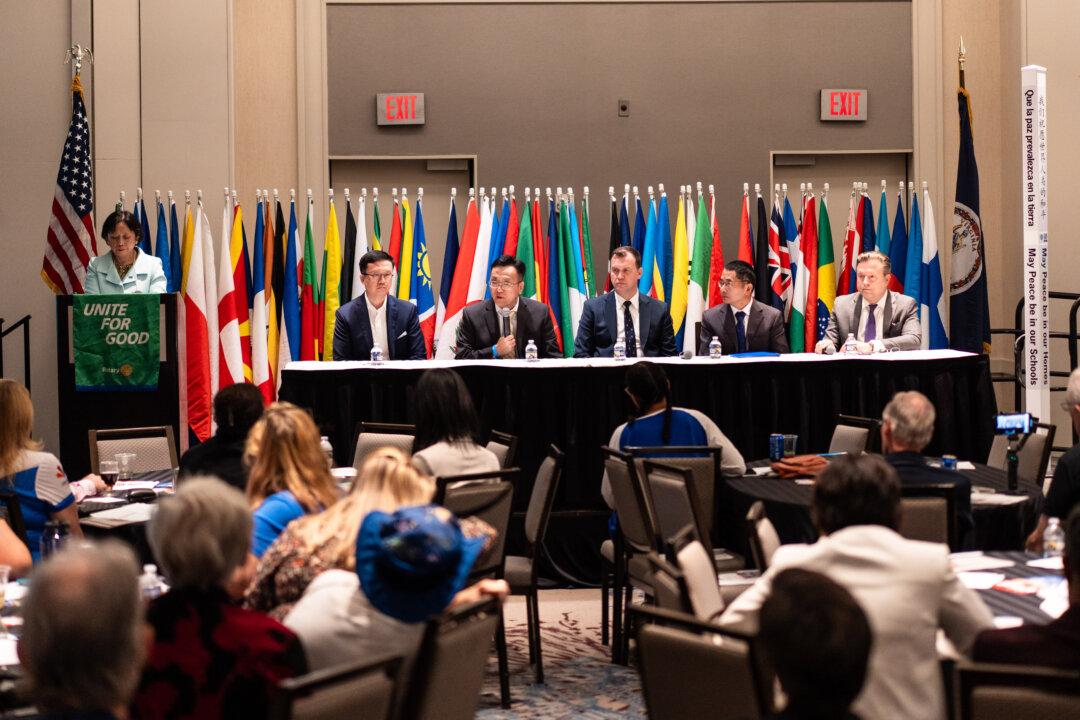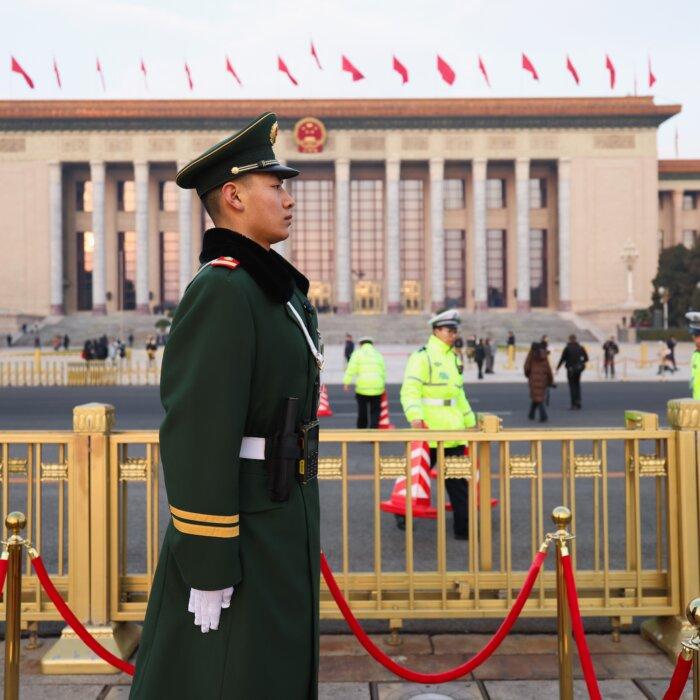WASHINGTON—A recent screening of a documentary on forced organ harvesting in communist China sparked concern among audience members, who said the public needs to be more aware of the state crime.
The families uncover a chilling reality—an organ harvesting industry operated under the sanction of the Chinese Communist Party (CCP).
Stansell said she was impressed by the film’s effect on her fellow Rotarians and others in the audience.
“When I turned around and saw everybody’s faces, saw tears in their eyes, I think that’s what impressed me the most and touched me the most,” Stansell told The Epoch Times.
She said it was her second time seeing the film, but this time, the idea that someone could be forcibly disappeared in China touched her in a “profound way.”
“That’s more than just kidnapping,” Stansell said. “They’re just gone ... no hope.”
Kenny Loveless, a Rotarian for more than 30 years, told NTD, a sister outlet of The Epoch Times, that his heart went out to the families trying to find their missing relatives.
“For the families that always hold that little bit of hope that their children, their child, their brother, their sister, might be returned home, that’s a torture that they live with every single day,” Loveless said.

During the Q-and-A portion of the event, an audience member said she was “astounded by the gravity and the brutality.”
“I cannot believe that I didn’t know anything about this until today,“ she said. ”How do we get this film out? Because I can think of hundreds of people that I could show this film to.”
Dr. Andreas Weber, a surgeon and Germany-based representative of Doctors Against Forced Organ Harvesting, said he knew of a patient in Germany who had traveled to China to receive a liver transplant because of alcoholism.
Weber said she had a rare blood type, but China was able to find a matching organ for her within six months, which he described as “unthinkable” in countries where organ donation systems are based on ethical values.
“So she paid $400,000 a liver. And since she’s an alcoholic, one wasn’t enough. So she went down there three times, and she bought three livers,” Webster said. “She paid $400,000 each.”
In 2020, a London-based independent people’s tribunal found after an 18-month investigation that the Chinese regime had been forcibly harvesting organs from prisoners of conscience for many years, with the primary victims being Falun Gong practitioners.

Audience member Claudio Roberto Brown emphasized the gravity of the issue, saying, “It’s not some local guy in the back room somewhere in China; this is the highest level of government.”
Dr. Sam Caughren, a retired medical doctor in family practice, said he would like to see the U.S. government take action.
“I would like to see the government not allow individuals here in the United States to be able to go to China to receive a transplant,” Caughren told NTD.
“That’s one of the things that I think would help to really decrease the possibility [that] they’re able to use such a huge network of individuals as donors.”







